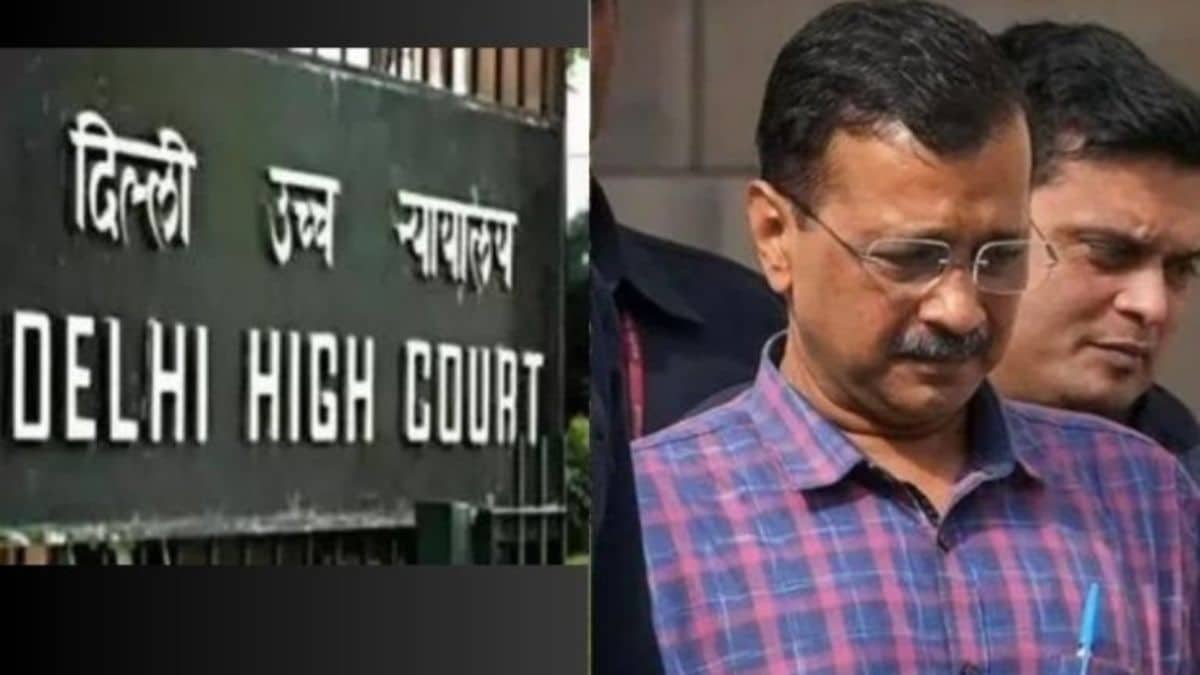The Delhi High Court has reserved its order on Chief Minister Arvind Kejriwal’s bail plea. The case, spearheaded by the Central Bureau of Investigation (CBI), alleges Kejriwal’s central role in manipulating Delhi’s excise policy and influencing key stakeholders.
During the proceedings, advocate DP Singh presented an argument, asserting that Kejriwal’s involvement in the excise policy was both direct and extensive. Singh emphasized that evidence suggests Kejriwal was pivotal in steering the policy, extending his influence from high-ranking officials to the ministerial level. Notably, Singh claimed that Kejriwal attempted to affect policy outcomes beyond Delhi, allegedly involving the Chief Minister of Punjab and other prominent figures in the region.
The excise policy in question is under scrutiny for its alleged irregularities and potential corruption.
In response, Kejriwal’s legal team has argued for his bail, claiming that the charges are politically motivated and that the evidence presented does not warrant his continued detention. The defence has highlighted the absence of substantial proof directly linking Kejriwal to the alleged misconduct.
The Delhi High Court’s decision on the bail plea is anticipated with high stakes, as it could significantly impact both the political landscape and the ongoing investigation into the excise policy.
In related news, the Delhi government is reportedly reviewing its excise policy in light of the allegations, and there is ongoing speculation about potential administrative changes. The outcome of the High Court’s ruling could have broader implications for the political dynamics in Delhi and the Punjab region.
As the legal proceedings continue, the public and political observers await further developments in this high-profile case.

